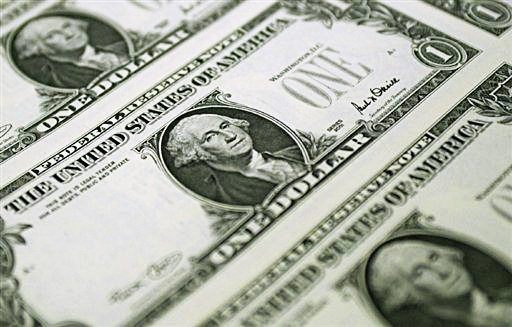By Islam Zayed

In consistence with the decision, the treasury will distribute funds to government institutions while the National Investment Bank will allocate funds to other economic agencies and to the private sector, taking assets as collateral. The latter step is contingent with Ministry of Finance’s approval.The amount of government investments is a vast increase from previous years when its contributions did not exceed EGP 25 billion with an addition EGP 16.9 billion from other economic agencies.
The plan allocated EGP 300 million for soft loans with EGP 250 million for housing. According to the plan, the interest rate on soft loans would not exceed 6%. It includes EGP 200 million worth of housing projects and EGP 40 million in loans for the Building and Housing Cooperative Authority, with EGP 10 million for military housing and EGP 5 million for police housing.
The Ministry of Housing and its associated bodies will receive EGP 10 million while land recovery companies will receive a similar amount worth of loans. Other agricultural and industrial projects will also receive EGP 10 million.
The plan envisions that the manufacturing and oil industries will contribute EGP 740.1 billion to gross domestic product while agriculture, foresting, and fishing will contribute another EGP 165.5 billion.
Transport and storage will contribute EGP 109.3 billion with hotels and restaurants adding EGP 102.4 billion. The plan aspires to increase foreign investment as a way of reducing the burden on the state’s budget.
The plan also calls for EGP 4.5 billion worth of investments in pre-college education. The system is expected to add 4.85 million students and 36,600 new classrooms. The investment will improve the quality of educational institutions and provide classrooms with modern technology. University investments are expected to reach EGP 4.1billion. The plan hopes to increase the number of citizens receiving university education by 35% and those receiving technical and vocational training by 17% to 18%. In addition, the plan calls for 3,770 students sent abroad and EGP 1.2 billion to be invested in scientific research.
As for the health sector, the plan foresees EGP 4.6 billion worth of investments in order to raise life expectancy at birth, to raise the number of citizens benefiting from health care to 58%, to build or upgrade 28 new hospitals and 325 new clinics, and to add 300 new ambulances to the current fleet.
In addition, the plan also calls for EGP 22.5 billion in investments in electricity, with holding companies undertaking EGP 18.3 billon with the goal of increasing total electricity generated to 165 million watt-hours.
The plan will develop the Assiut hydroelectric generation project, fossil fuel plants, and wind power generation projects in Suez, Gabal El-Zeit, and Zafarana.
The plan sets EGP 19.6 billion as a target for investments in the housing sector, with EGP 7.8 billion for a national housing project that will last five years.
The housing project aims to build 200,000 low-income housing units a year.
The plan also seeks to raise available drinking water to 30.5 million cubic meters per day and increase sewage processing capacity to 17.1 million cubic meters per day.
The plan calls for EGP 18.7bn worth of investments in the transport and storage sector in addition to seeking EGP 27.3 billion of investments in industry with EGP 20 billion coming from the private sector.


